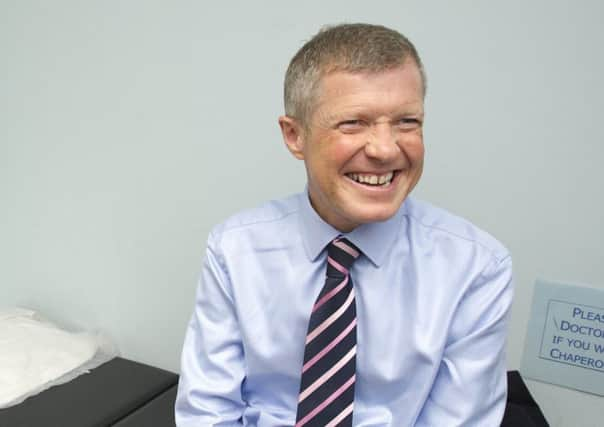Q&A: Willie Rennie, Liberal Democrats leader


A“If I could snap my fingers and immediately close the gap between how children from disadvantaged backgrounds do at school and those more well-off, Scotland would be a better place. It’s why we need a penny on income tax for education, to create a fairer, more equal society.”
Q What’s missing from the Holyrood election campaign so far?
Advertisement
Hide AdAdvertisement
Hide AdA“The campaign is missing an explanation from the SNP on why their soaring rhetoric is not matched by their record in government or their plans for the future. Although, what the electorate has discovered is that the Tories want to impose unfair stealth taxes to pay for tax cuts for the wealthy.”
Q Are tax rises for higher earners a danger to economic growth or needed to fight austerity?
A “Neither. For a transformational investment in education, we need a modest increase in taxation. Tax policy should be progressive and our penny for education ticks all the boxes. Under our plan, we would add a penny onto each income tax band to raise £475 million for education. Almost half of that money would come from 12 per cent of the richest Scots. And because of the rise in the personal allowance, anyone earning under £19,000 wouldn’t pay any more tax. That is fair.”
Q If a politician had to do a normal job for a day, what should it be and why?
A “I think I’d love to be a hill farmer for the day so I could enjoy the glory of the hills whilst working.”
Q Is there one lesson Scotland can learn from elsewhere in the world?
A “In Bhutan, they measure Gross National Happiness. We often ask each other how we are, but do we know how we are doing as a country? Of course we should be measuring Gross Domestic Product. But measuring our well-being could let us look at how we approach our environment, culture, health and use of time.”